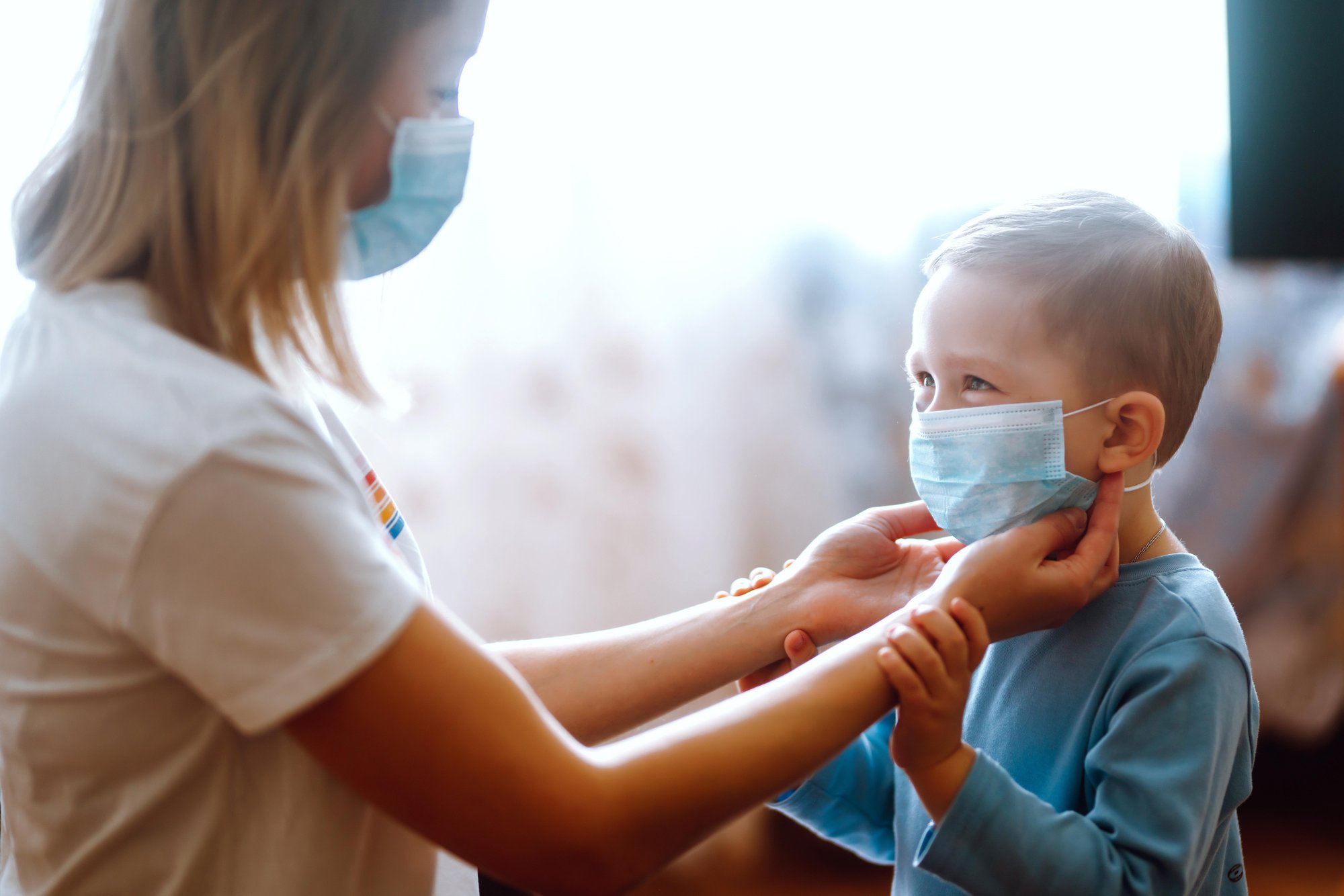Most U.S. Children Have Adequate Geographic Access to Cancer Care

TUESDAY, Jan. 24, 2023 (HealthDay News) -- Most U.S. children and adolescents and young adults (AYAs) have adequate access to pediatric cancer care, according to a study published online Jan. 19 in JAMA Network Open.
Xiaohui Liu, Ph.D., from University of Utah in Salt Lake City, and colleagues estimated the travel time to continental U.S. pediatric cancer care settings and identified potential disparities among U.S. children and AYAs.
The researchers found that 63.6 percent of children and AYAs were estimated to travel less than 30 minutes, while 19.7 percent would travel between 30 and 60 minutes to the nearest pediatric oncologist. The American Indian or Alaska Native pediatric population (46 minutes); residents of rural areas (95 minutes) and areas with high deprivation levels (36 minutes); and those in the South (24 minutes) and Midwest (22 minutes) had the longest median travel times versus the general population of children and AYAs. Wyoming had the lowest pediatric oncologist supply (zero oncologists per 100,000 pediatric population), while Washington, D.C., had the highest (53.3 oncologists per 100,000).
"Reducing these disparities may require innovative approaches, such as expanding the capabilities of local facilities and creating partnerships with adult oncology centers and primary care physicians," the authors write.
Related Posts
Lower Extremities Have Highest Surgical Site Infection Rates With Mohs Surgery
WEDNESDAY, July 5, 2023 (HealthDay News) -- Lower extremities have the highest...
Changes in Cancer Risk Factors, Screening Reported During Pandemic
WEDNESDAY, May 3, 2023 (HealthDay News) -- Favorable and unfavorable trends were...
La mayoría de los estadounidenses tienen problemas con los planes de seguro, y afectan su atención: encuesta
JUEVES, 15 de junio de 2023 (HealthDay News) -- Una mayoría de los...
Se acabó la gasolina con plomo tóxico en todo el mundo
MARTES, 31 de agosto de 2021 (HealthDay News) -- Argelia se convirtió hace poco...
